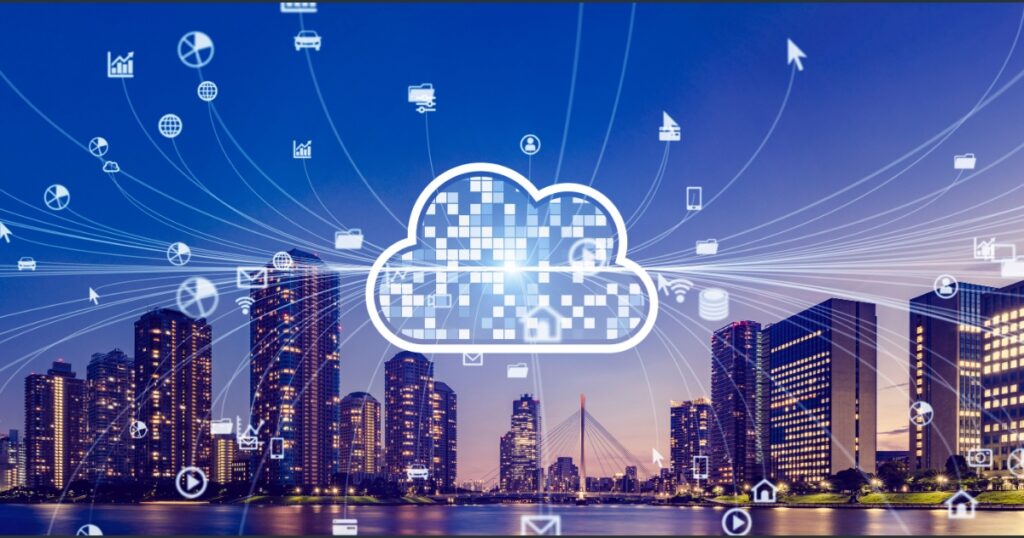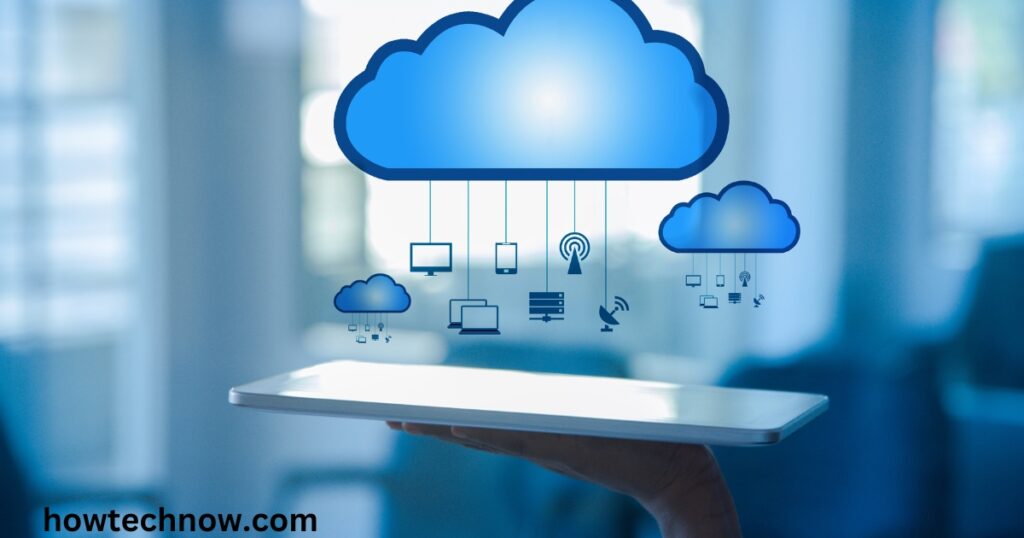In this article, we will discuss the advantages of edge computing over cloud computing for businesses. We will also provide a comparison of the two technologies and help you decide which one is right for your needs.
Table of Contents
What is edge computing and cloud computing?
Edge computing is a distributed computing paradigm that brings computation and data storage closer to the edge of the network, closer to where the data is generated or consumed. This can improve latency, bandwidth utilization, and overall system reliability. Edge computing is often used in conjunction with cloud computing to provide a hybrid solution that combines the benefits of both approaches.
Cloud computing is a model for enabling ubiquitous, convenient, on-demand access to a shared pool of configurable computing resources (e.g., networks, servers, storage, applications, and services) that can be rapidly provisioned and released with minimal management effort or service provider interaction.
Advantage Of edge computing over cloud computing

Reduced latency
Latency is the time it takes for data to travel from one point to another. In cloud computing, data has to travel from the source to the cloud, and then back again. This can add a significant amount of latency, especially for applications that require real-time response. Edge computing, on the other hand, processes data closer to the source, which can significantly reduce latency. This is important for applications like self-driving cars, which need to make decisions in real-time.
Improved security
Cloud computing can be a target for hackers, as there is a lot of sensitive data stored in the cloud. Edge computing can improve security by keeping sensitive data closer to the source. This reduces the risk of data being intercepted or stolen in transit to the cloud. Additionally, edge devices can be configured with more stringent security measures than cloud servers.
Increased reliability
Cloud computing can be unreliable, as it is dependent on a network connection to the cloud. If the network connection is interrupted, the application will not be able to function. Edge computing can improve reliability by providing local redundancy for critical applications. This means that if the network connection to the cloud is interrupted, the application can continue to run locally. This is important for applications that cannot afford to be interrupted, such as industrial automation systems.
Lower costs
Edge computing can reduce costs by eliminating the need to send data to the cloud for processing. This can be significant savings for applications that generate large amounts of data. For example, a self-driving car might generate terabytes of data per hour. If this data were sent to the cloud for processing, it would be very expensive. Edge computing can process this data locally, which can save a lot of money.
Here are some additional advantages of edge computing over cloud computing
- Better user experience: Edge computing can improve user experience by reducing latency and improving bandwidth utilization. This is important for applications that require real-time interaction with users, such as video streaming and gaming.
- Enhanced decision-making: Edge computing can enhance decision-making by providing real-time insights into data. This is important for applications that need to make quick decisions, such as fraud detection and industrial automation.
- Increased agility: Edge computing can increase agility by allowing businesses to deploy applications and services more quickly. This is important for businesses that need to respond quickly to changes in the market or customer demand.
Overall, edge computing is a promising technology that can offer significant advantages over cloud computing for certain applications. However, it is important to carefully consider your specific needs before deciding which approach is right for you.
some examples of industries that are using edge computing:
- Automotive: Edge computing is being used in self-driving cars to process data from sensors and make real-time decisions.
- Manufacturing: Edge computing is being used in industrial automation to control machines and processes.
- Healthcare: Edge computing is being used in medical devices to collect and analyze data.
- Retail: Edge computing is being used in point-of-sale systems to process transactions and collect data.
- Energy: Edge computing is being used in smart grids to monitor and control power usage.
Comparison of Edge Computing and Cloud Computing
| Feature | Edge Computing | Cloud Computing |
| Data location | Data is processed closer to the source | Data is processed in centralized data centers |
| Latency | Lower latency | Higher latency |
| Security | Improved security | Lower security |
| Reliability | Increased reliability | Lower reliability |
| Costs | Lower costs | Higher costs |
Which One is Right for You?

The best choice for you will depend on your specific needs. If you need to reduce latency, improve security, or increase reliability for critical applications, then edge computing is a good option. If you need to process large amounts of data or run applications that require a lot of computing power, then cloud computing is a better choice.
Ultimately, the decision of whether to use edge computing or cloud computing is a trade-off between cost, performance, and security. You need to carefully consider your specific needs before making a decision.
Conclusion
In conclusion, edge computing can offer significant advantages over cloud computing for certain applications. These advantages include reduced latency, improved security, increased reliability, and lower costs. However, it is important to carefully consider your specific needs before deciding which approach is right for you.
If you are looking for an approach that can provide real-time response, high security, and low latency, then edge computing may be a good option for you. However, if you need to process large amounts of data or run applications that require a lot of computing power, then cloud computing may be a better choice.
Ultimately, the decision of whether to use edge computing or cloud computing is a trade-off between cost, performance, and security. You need to carefully consider your specific needs before making a decision.
You might also like this articles
The Best AI Website Building Tools of 2023
Top 10 IT Skills in Demand for 2025
Which is Better Artificial Intelligence or Human Intelligence?
